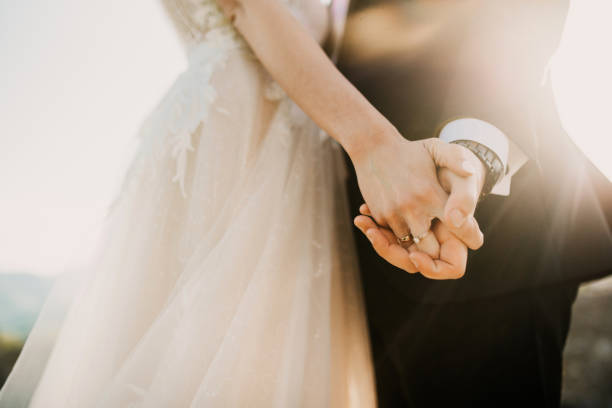Delta County
Marriage License Requirements
Are wedding bells ringing in your future? Planning a wedding involves countless details, from choosing the perfect venue to selecting the most exquisite flowers. Amidst all the excitement, it’s important not to overlook the legal aspects of your union. One crucial element is obtaining a marriage license, and if you’re in Colorado, you’re in the right place. Let’s delve into the ins and outs of acquiring a marriage license in Colorado, along with some key information to ensure your big day goes off without a hitch.
The Marriage License Basics
Your journey to marital bliss begins with a marriage license. This legal document grants you the right to exchange vows and embark on a lifelong adventure with your partner. In Colorado, the cost of this privilege is a mere $30.00, a small fee considering the significance of the commitment you’re about to make.
Where and When to Apply
Head over to 501 Palmer Street, Suite 211, Delta, CO 81416, to initiate the process. The office is open Monday through Friday, from 8:00 a.m. to 4:30 p.m. (excluding Court Approved Holidays), making it convenient for even the busiest couples. The best part? No residency requirement is imposed on applicants, so whether you’re a Colorado native or planning a destination wedding, you’re covered.
The Application Process
Completing the application requires a joint effort. Both you and your partner must appear in person to apply and sign the marriage application. However, if extenuating circumstances prevent one of you from being present – such as illness, being out of state, or incarceration – fear not. The absentee application comes to the rescue, provided it’s notarized in advance. Additionally, you’ll need to present identification for both parties, proving age, identity, and citizenship.
Identification Requirements
Valid forms of identification include a United States Driver’s License, Passport, Military ID, or State-issued ID Card. In cases where a social security number is absent, the County Clerk’s office will provide an affidavit to ensure a smooth application process.
Documenting Your Roots
Your application should include details about your place of birth, including city and state, as well as your parents’ names and current addresses. These particulars add a personal touch to your union and celebrate your unique backgrounds.
No Waiting, No Problem
Unlike some states that impose waiting periods, Colorado allows you to tie the knot without delay. As soon as you obtain your marriage license, you’re ready to say “I do.”
Previous Marriages
If either party has recently gone through a divorce, there are some additional steps to follow. If the divorce was finalized within the past 30 days, be prepared to provide the final decree, signed by a judge or court referee. For divorces older than 30 days, you’ll need to furnish details about the date, place, and court of divorce.
Who Can Officiate?
In Colorado, couples have the unique option of solemnizing their own marriage. However, this doesn’t mean your best friend can become an officiant overnight. Judges, retired judges, magistrates, Indian tribe officials, and clergy members can also officiate your union. Just remember, while you can solemnize your own marriage, your friend or relative can’t sign as an officiant on your marriage certificate.
Marriage Witnesses
Surprisingly, witnesses aren’t required for your Colorado wedding. Although some officiants may request them, the absence of witnesses won’t impact the validity of your marriage.
Expiration and Recording
Your marriage license is valid for 35 days, giving you ample time to celebrate your nuptials. Once the ceremony is over, make sure to return the completed marriage certificate, along with the attached license, to the County Clerk’s office for recording within 63 days. Failure to do so may result in late fees, and nobody wants unnecessary complications after such a joyous occasion.
Conclusion
As you embark on this beautiful journey of love and partnership, obtaining your marriage license is a crucial step that deserves careful attention. By following these guidelines and understanding the intricacies of the process, you’ll be well-prepared to make your union official in the eyes of the law. So, gather your identification, bring your partner, and take the necessary steps to ensure a seamless start to your happily ever after.
FAQs
Q1: Can we apply for a marriage license if we’re not Colorado residents? Absolutely! Colorado doesn’t impose any residency requirements for obtaining a marriage license.
Q2: What happens if we don’t return the completed marriage certificate within 63 days? If you fail to record your marriage certificate within the specified timeframe, late fees may be applied.
Q3: Can cousins marry in Colorado? Yes, first and second cousins are legally permitted to marry in Colorado.
Q4: Is a blood test required to obtain a marriage license in Colorado? No, Colorado doesn’t require couples to undergo a blood test before obtaining a marriage license.
Q5: What if I need to change my name after obtaining a marriage license? While your marriage license may display your new name, it doesn’t automatically change your name. To change your last name, you can use an online marriage name change kit.






